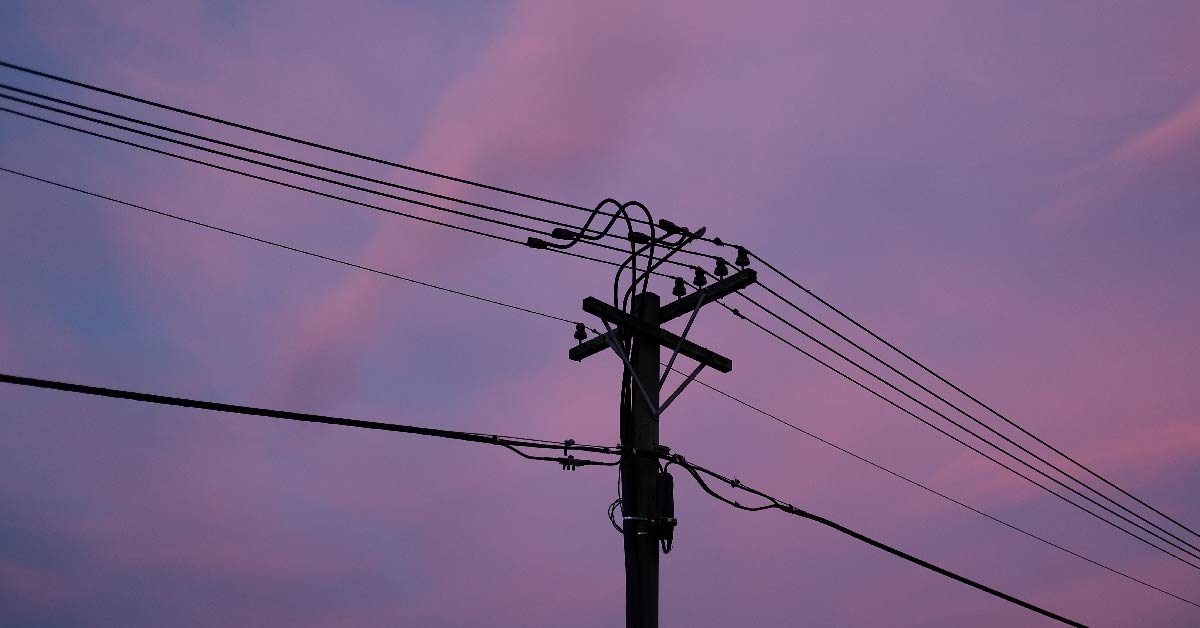Electric safety programs at the National Energy Foundation (NEF) cover safety outside and inside the home. Electrical safety is an important priority for everyone as the use of electricity in communities continues to increase over time.
At NEF, we noticed the opportunity to share the electrical safety message with 4th and 5th graders. This age group loves to become teachers, telling friends and family what they’ve learned. Surprisingly, parents do not know this information. Another benefit of reaching students during this stage of development is that by the time they get out in the workforce they will know this rudimentary truth that might be overlooked later in related industry onboard training.
Electric Safety Curriculum
Working with utilities, NEF is dedicated to educating elementary school students on the realities of outside electrical dangers. An obvious reason to teach students electric safety is that people can get severely injured and even die. We talk to students about electrical boxes, meters coming into the house and overloading a circuit since these types of things can be hazardous to your health and safety. But most relevant is the importance of safety around downed power lines. The potential dangers are not taught in school, particularly that you can’t always see that a downed power line is electrified.
“Stop, turn around and go the other way!” is the foundation of our detailed electric safety curriculum. The instructions include, “tell an adult then call 911 and the local utility”. Taught in a way that students engage with, they internalize the message through activities, games, and videos.
You can see more about our program at energysafekids.org/electric-safety
With all that said, are you interested in partnering to help families be safer with electricity? We would love to be a part of your community providing curriculum to teachers and being present in schools. Reach out to [email protected] to discuss further.


